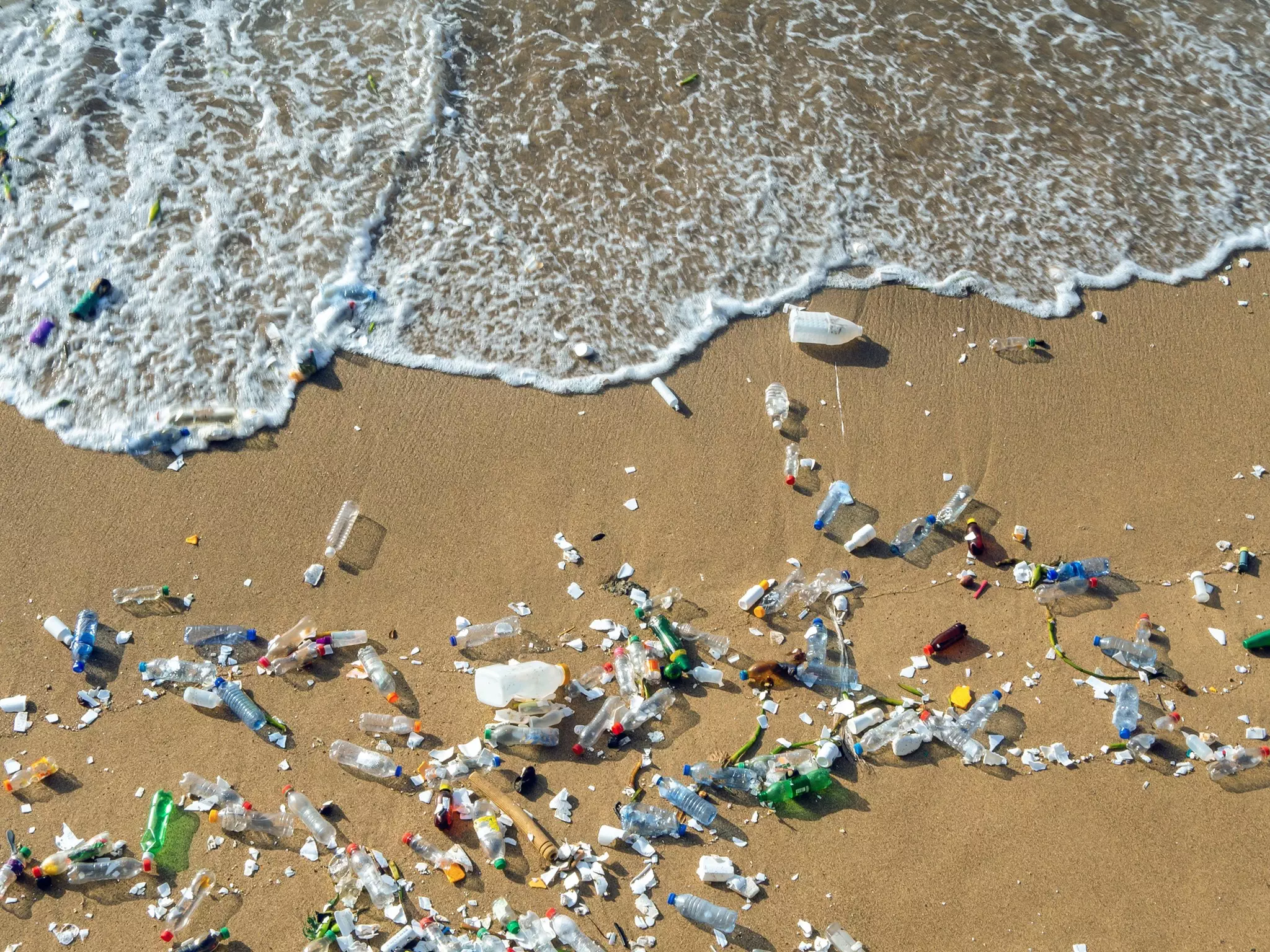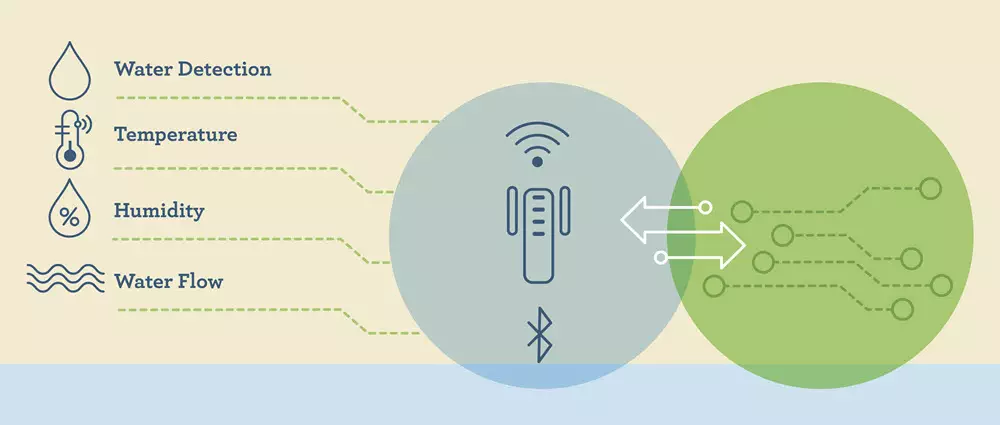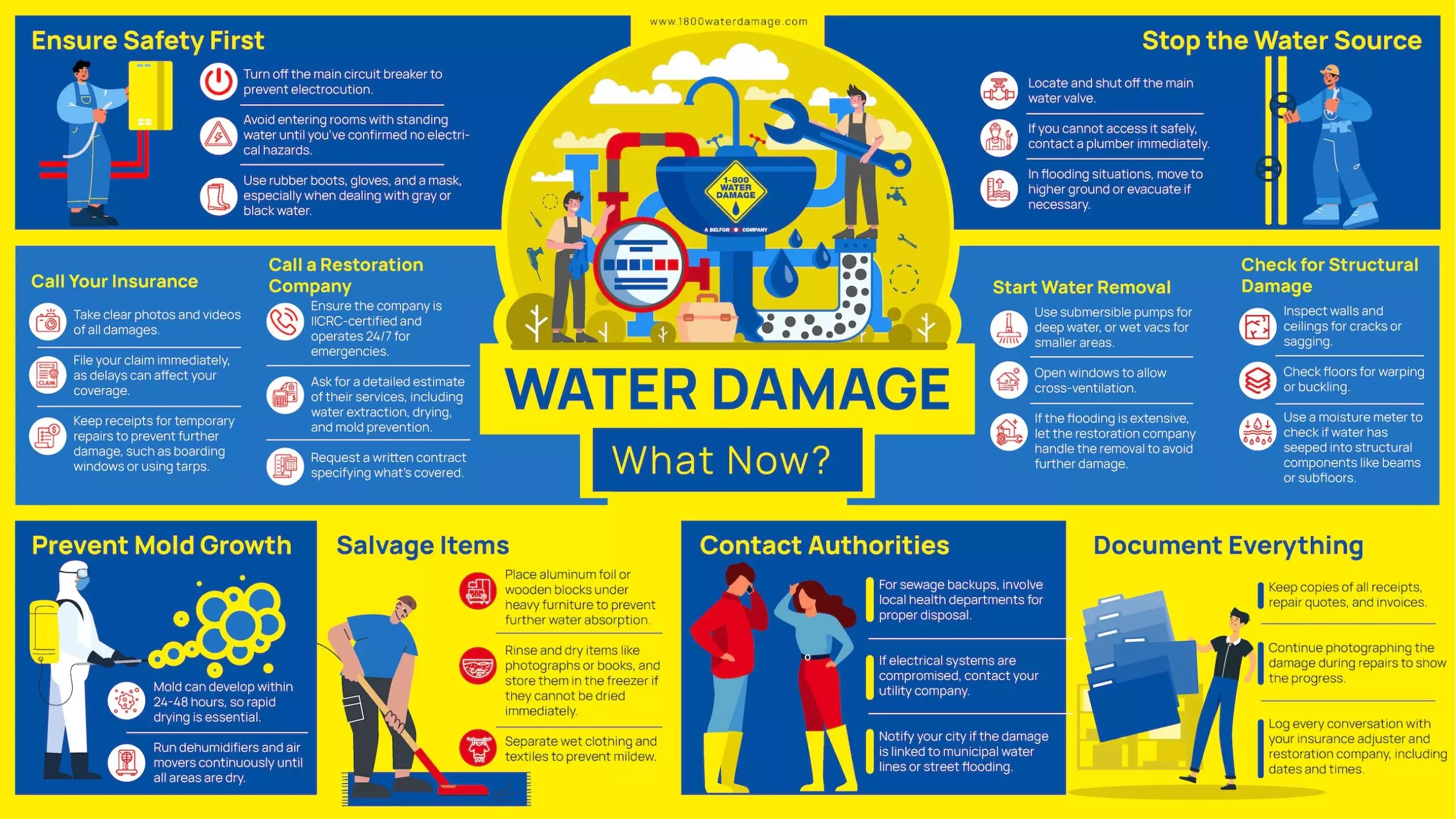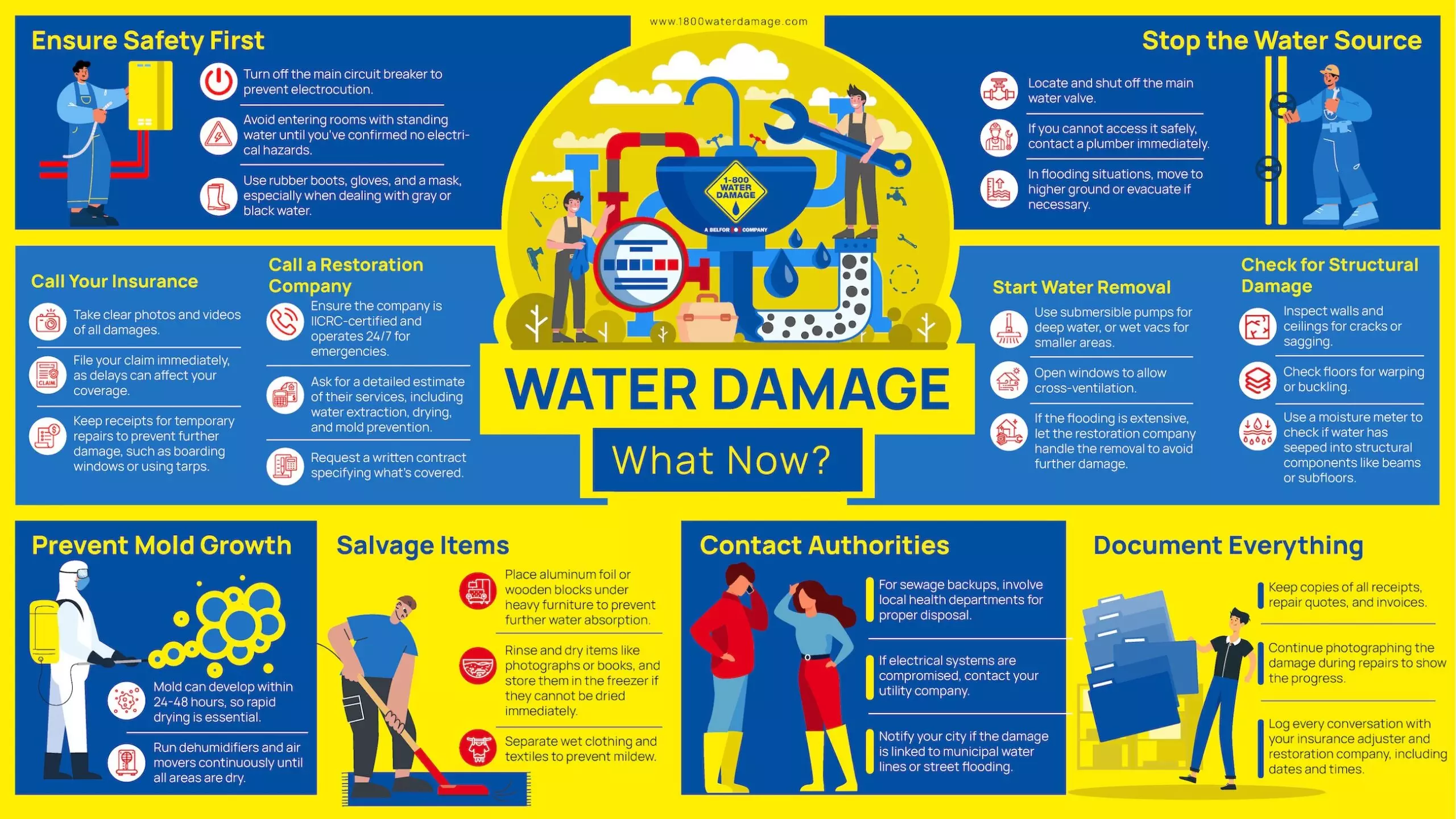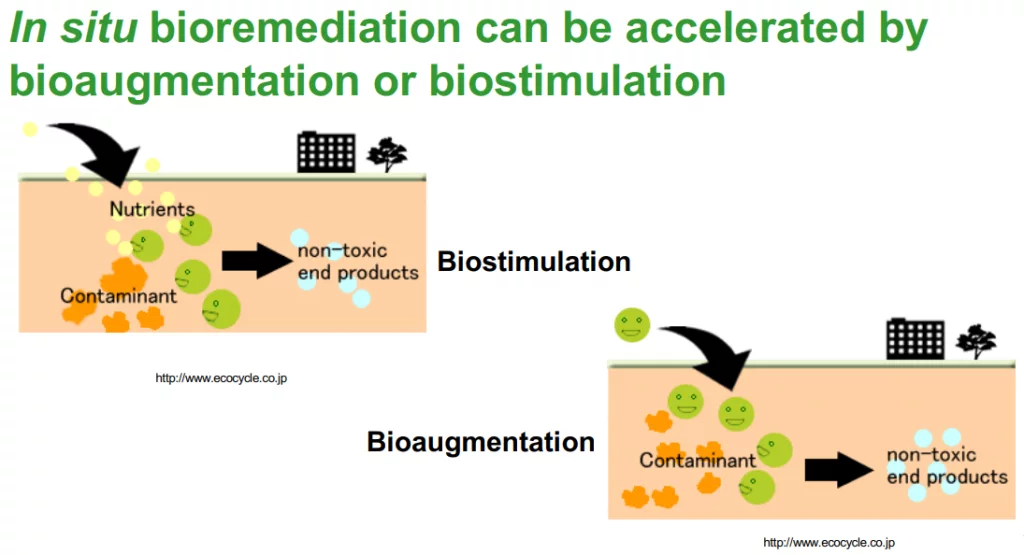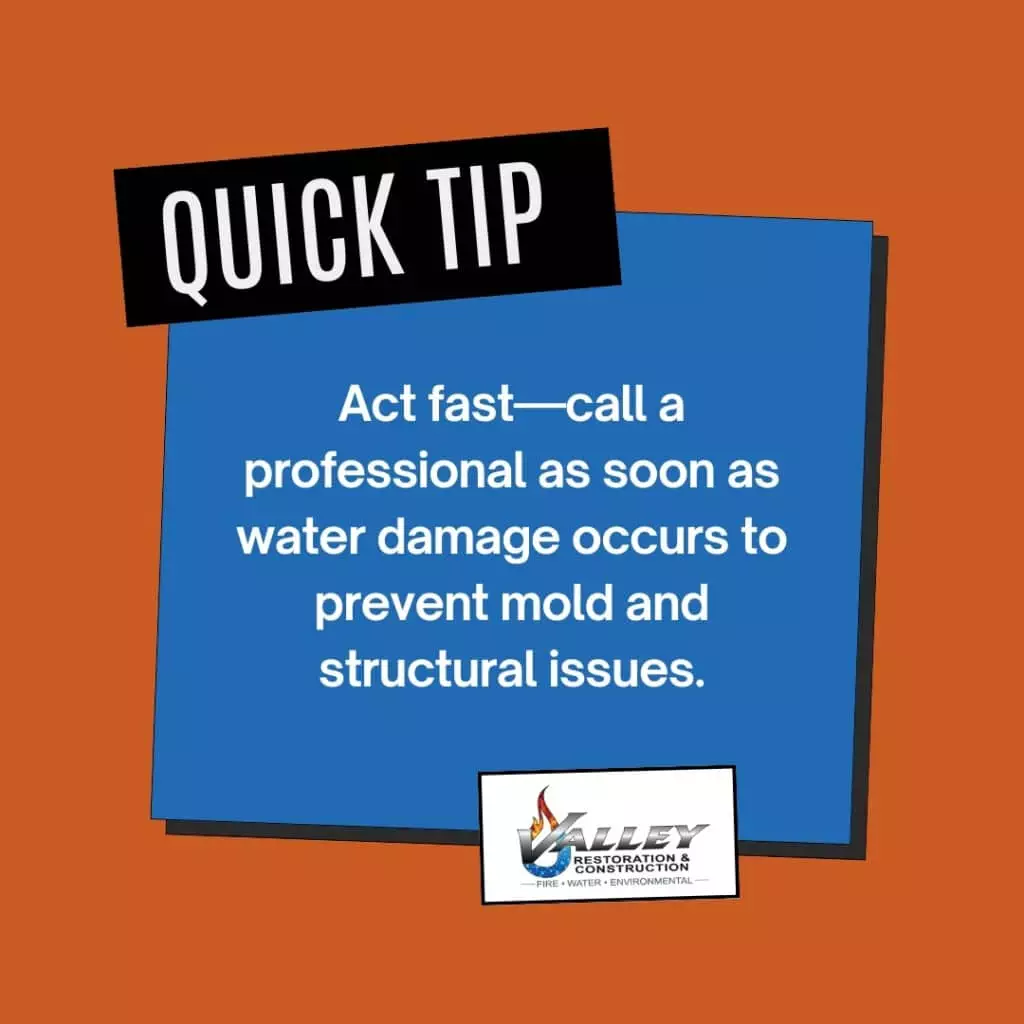
The Worst Mistakes You Can Make With Urban Water Damage
Urban water damage can wreak havoc on your property if you aren’t prepared. With climate change increasing the frequency of urban flooding, understanding its impact is more important than ever. But what if you’re making mistakes without even knowing it? Recognizing and avoiding these common pitfalls can save you from unexpected costs and stress down the road.
Sustainable urban planning and effective urban water management are key to living in resilient cities. However, not everyone knows the best urban adaptation strategies. Many struggle with inadequate stormwater management, putting them at higher risk. Consider whether your water infrastructure is up to the challenge of extreme weather events. Knowing the disparities in urban flood risk and the contents of a flood equity report can offer valuable insights and help in making informed decisions.
Don’t let urban water damage catch you off guard. Dive in and discover how you can protect your home and your peace of mind. You deserve to live without the constant worry of flooding. Let’s ensure you’re ready for whatever comes your way!

Photo provided by David Peinado on Pexels
Throughout the article
Ignoring Early Signs
You might notice a small leak or a tiny stain on your ceiling. It can be easy to ignore these minor issues, thinking they will just go away. However, these are early signs of bigger problems. If left unchecked, they can lead to serious urban water damage in your home. Regularly inspect your home for any signs of water issues. This could be stains, damp spots, or musty smells. Catching these early can save you a lot of trouble and money.
Poor Urban Water Management
When it comes to preventing urban water damage, effective planning prevents severe consequences. Cities need strong water management systems to handle large amounts of water, especially after heavy rains. Without proper planning, urban areas can face flooding, which affects homes and infrastructure. Make sure you understand how your city manages its water. This knowledge can help you prepare better for potential issues.
Underestimating Climate Change Impact
Climate change is affecting our world in many ways, and water damage is one of them. With the climate change impact increasing, we are seeing more frequent and intense rainfall. This can lead to more serious flooding in urban areas. Understanding how climate change affects your area can help you take steps to protect your home. Stay informed about urban climate change impact and think about how you can adapt your home.
Inadequate Stormwater Management
Stormwater systems play a big role in managing water flow in urban areas. If these systems aren’t working properly, urban water damage can occur. It’s important that cities maintain and improve these systems to handle the water from storms. Look into your city’s stormwater management plans. Knowing their strengths and weaknesses can help you be better prepared. If you see something wrong, report it to your local authorities.
Neglecting Sustainable Urban Planning
When cities don’t plan with climate resilience in mind, they might face more water damage issues. Sustainable planning can help cities better manage water. This includes designing buildings and systems that can cope with intense rainstorms. Encourage your local planners to think about sustainable urban planning. By doing so, you help create a safer environment for everyone.
Impact on Resilient Cities
Resilient cities are those that can handle water challenges effectively. By focusing on sustainable urban planning, these cities reduce the risks of damage. Keep in mind that resilient cities are those that have learned from previous mistakes. They adapt and change their strategies to address urban flood risks. You can be part of this process by staying informed and involved in local planning initiatives.
Lack of Urban Adaptation Strategies
Urban adaptation strategies are essential to dealing with water issues. Without them, cities are at higher risk of damage. These strategies include improving water infrastructure and updating city plans. Encourage your city to develop and implement strong adaptation strategies. By doing this, you help reduce the risks of urban water damage in your community.
Overlooking Water Infrastructure
Water infrastructure, such as pipes and drains, is crucial in preventing water damage. If these are neglected, they can fail when needed most. Regular maintenance and updates are key to keeping them working well. Be sure to understand the state of your local water infrastructure. Push for regular checks and improvements to ensure everything is in good condition and ready to handle future challenges.

Photo provided by Quang Nguyen Vinh on Pexels
Lessons in Urban Flooding
Learning from past experiences can help prevent future water damage. Understanding urban flooding can guide you in making better choices. You should be aware of how smart planning and good management can mitigate these risks. Get involved in community discussions about urban planning. By doing so, you can help your city become more resilient and better prepared for urban water damage.
Ignoring Role of Urban Planning
Urban planning plays a vital role in managing water-related risks. With smart planning, cities can reduce the impact of urban flooding. This involves creating open spaces, improving drainage, and considering future climate scenarios. Encourage your city planners to focus on urban water management. Together, you can make a difference in preventing urban flooding and protecting your community from damage.
Avoiding Mistakes and Protecting Your Urban Environment
Recognizing the common pitfalls of water issues in cities allows you to better protect your property and community. Proper planning and management can lead to safer and more resilient urban spaces. By addressing these challenges, you contribute to the protection of your environment and avoid unnecessary damage or expense.
Start by evaluating your current water infrastructure and identifying areas that need improvement. Consider engaging with local experts to assess risk factors and implement sustainable urban planning strategies. Taking these actions not only safeguards your property but also enhances the overall resilience of your community against future challenges.
Begin today by reaching out to professionals in your area for guidance. Taking proactive steps will not only protect your assets but also support a more sustainable urban future. Together, we can build stronger, more resilient cities.
